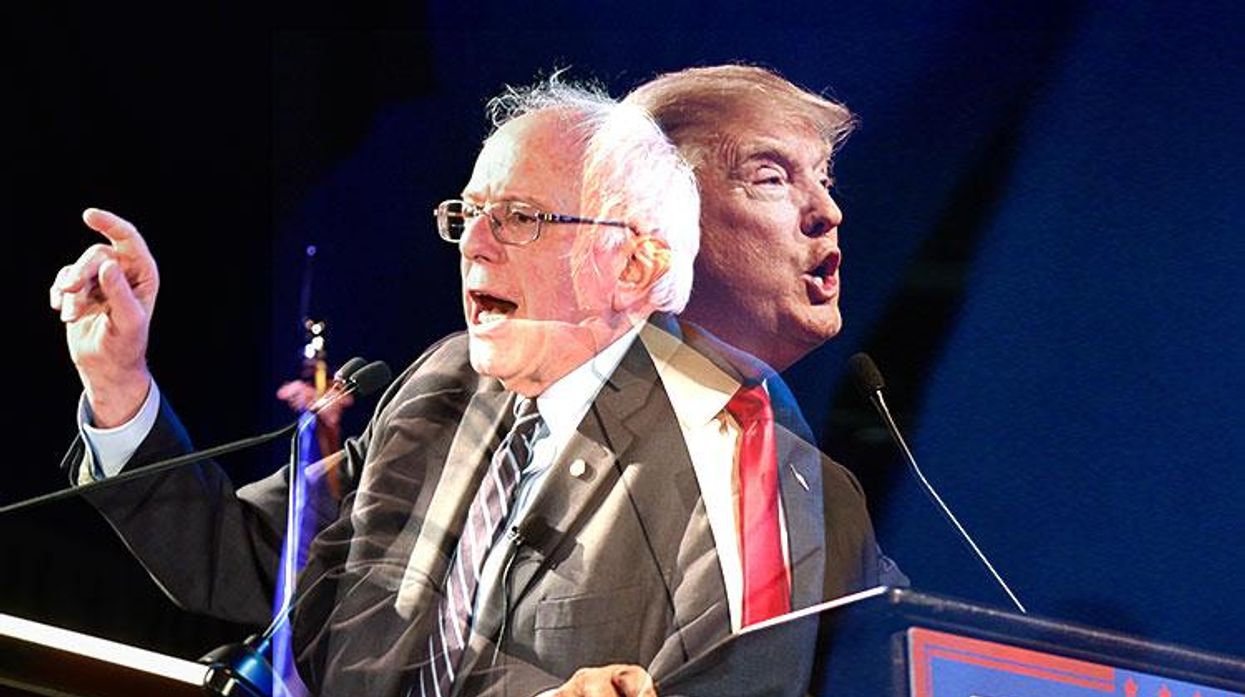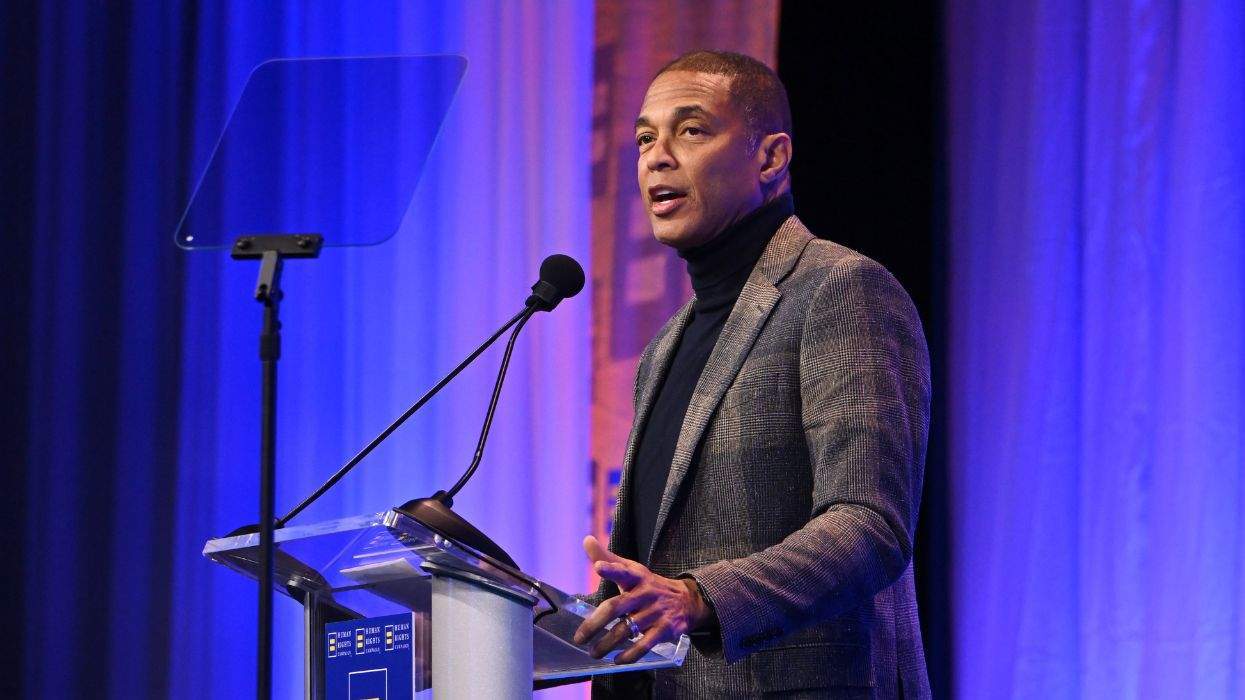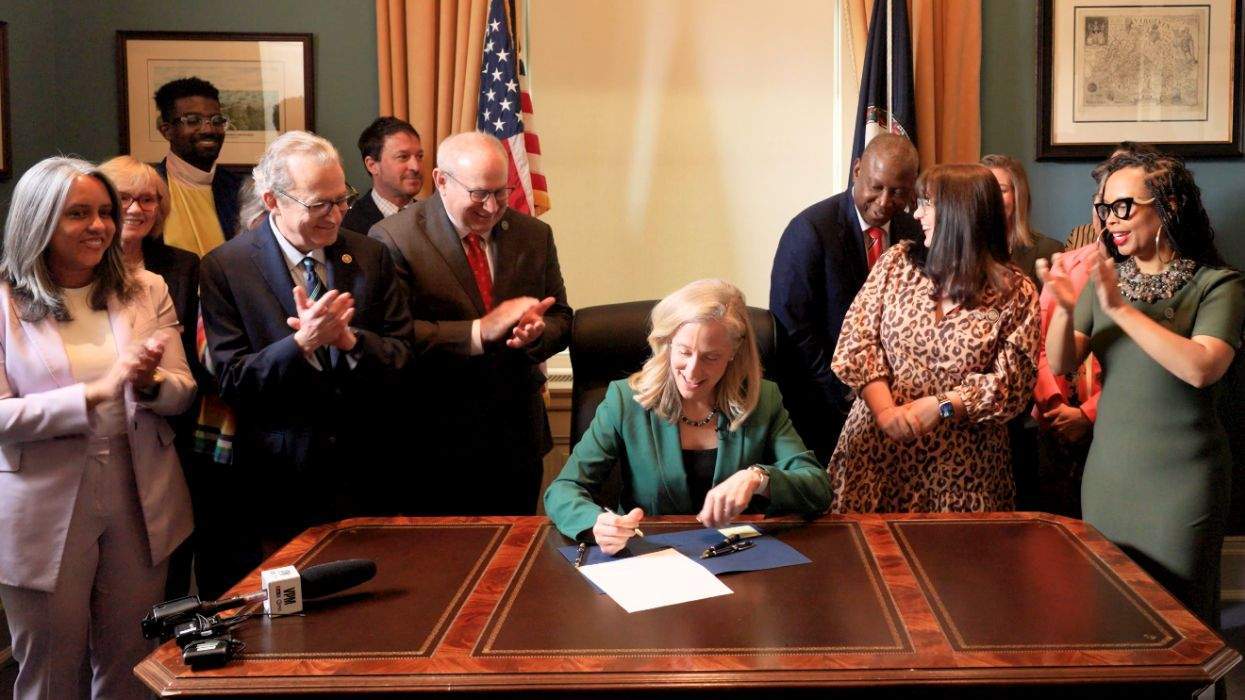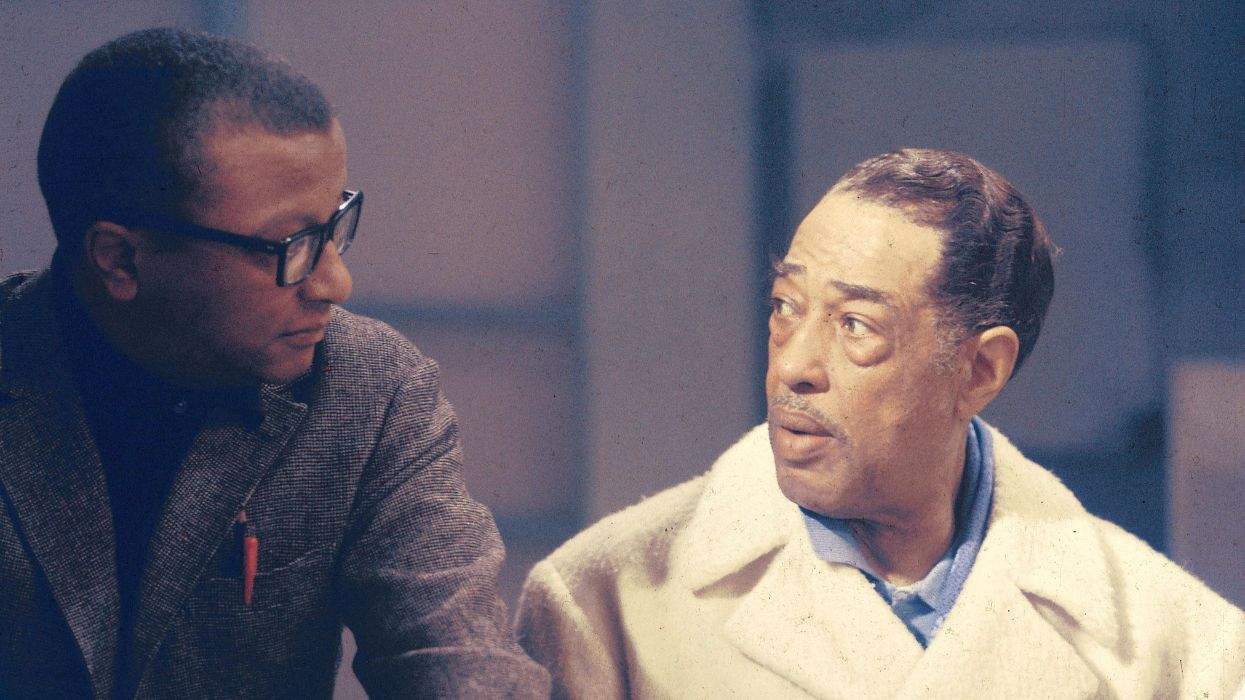What if I told you that Bernie Sanders and Donald Trump were merely expressions of the same phenomenon? That they owe their success in the 2016 elections to the same cultural and economic factors? That they are, in a bizarre way, reflections of each other? Crazy, right?
Not when you look at who supports them and why. To paraphrase one of my favorite movies, their methods are not that much different; Trump is a shadowy reflection of Sanders. Trump's corrupt Bizarro is a mirror image to Sanders's virtuous Superman.
Bernie Sanders supporters tend to be young, white, male, and college-educated. Donald Trump's supporters tend to be white, male, over 50, and without college degrees. While these two groups seem only to be connected by race, the reality is they share something profound in common.
These are two of the groups that have been most economically ravaged by the Great Recession.
College is now vital to making a decent wage, yet in 2010, 57.4 percent of all new bachelor's degrees went to women, and the percentage continues to rise. Even getting a college degree doesn't help much, though, when your wages are falling, you have crippling student loan debt, and your generation is far poorer at 25 than the two that preceded it. Some economists have even dubbed millennials "Generation Screwed."
Donald Trump's supporters are similarly screwed as 50-plus-year-old white male workers without college educations. After the Great Recession, the jobs never came back for this demographic either. The result has been something unheard of in the Western world: Life expectancies for white people without college educations are actually dropping. Decreasing life expectancy is the sort of thing you expect in countries in the middle of a socio-political meltdown, like Warsaw Pact countries after the fall of the Soviet Union, or Somalia. Not the United States.
While racial minorities actually suffered the steepest economic declines as a result of the Great Recession, these two aforementioned demographic groups were experiencing what felt like a betrayal of the social contract. Trump's supporters are the last generation to grow up seeing people making a living wage without a college degree. Millennials were told all along that if they got a college degree, they would find a good job and the American dream would be theirs.
The problem is, they both found out too late that the cake is a lie. The America that Trump's supporters envisioned didn't survive the Reagan era of stagflation, stagnant minimum wages, and union busting. For millennials, soaring college tuition rates, artificially high student loan interest rates, and the fact that student loan debts are a more unforgivable curse than avada kedavara mean that even those who have done everything they were told to do often end up in poverty.
Trump's supporters have enough sense to know the system appears broken and that politicians are no longer responsive to the interests of people outside the oligarchy. Sanders supporters are educated enough to understand that the system isn't just broken, it's rigged. If you're born poor, escaping it is getting closer and closer to impossible. Skip college and you'll never get a good job. Go to college, and the debt will potentially leave you in poverty permanently. It's a lose-lose situation, where the dice are loaded and the cards are marked.
This sense of a broken promise, of a broken social contract, leads to a distinct sense of anger. The cake was a lie. Now they're coming for everyone who promised it.
Unlike Trump, Sanders has correctly identified the problem and proposed solutions that might actually work if implemented. However, it is hard to image a scenario where either candidate's proposals actually become reality. The odds of Bernie getting universal health care and free tuition through a Republican-controlled Congress are about the same as Trump forcing Mexico to pay for the border wall he keeps promising.
Desperate times lead to desperate people. And desperate people tend to be out of shits to give about playing by the rules. Trump's supporters have dealt brutally with anyone who dares interrupt their rallies, while their candidate egged them on. The Bernie Bros' online presence has a reputation of tactics reminiscent of gamergate. Thankfully, the Sanders campaign has condemned such actions. Trump, however, revels in them.
In the end, the two candidates are both products of an economic meltdown that accelerated the growth of wealth inequality. It left large swaths of the population feeling lied to, betrayed, powerless, and profoundly angry at a system they see as either broken or, even worse, completely rigged. Where these candidates diverge is that Sanders has correctly identified both the cause and the cure.
The problem lies in a political and economic system corrupted by special interests, where social mobility is decreasing and wealth inequality is increasing. Bernie recognizes that giving more money to the top .01 percent and hoping it "trickles down" is a fool's errand. Make education and health care affordable, raise wages for the working poor, stop the runaway wealth of the oligarchs, and get them out of our political system -- all of these build a society people can actually live in.
Why is Bernie doing this? He's been a crusader since his college days. He wanted to make a point and move the political needle to the left. He's succeeded beyond his wildest dreams.
Trump identified the problem but instead simply pours gasoline on the fire. He takes the unfocused anger and powerlessness of his supporters, and directs it towards Muslims, Mexicans, women, and anyone else who gets in his way.
Why is Donald Trump doing this? Does he consider his bid for the presidency the reality show to end all reality shows? Or perhaps, like a supervillain with a flame thrower full of napalm, he wants to watch the world burn.
















Charlie Kirk DID say stoning gay people was the 'perfect law' — and these other heinous quotes
These are some of his worst comments about LGBTQ+ people made by Charlie Kirk.